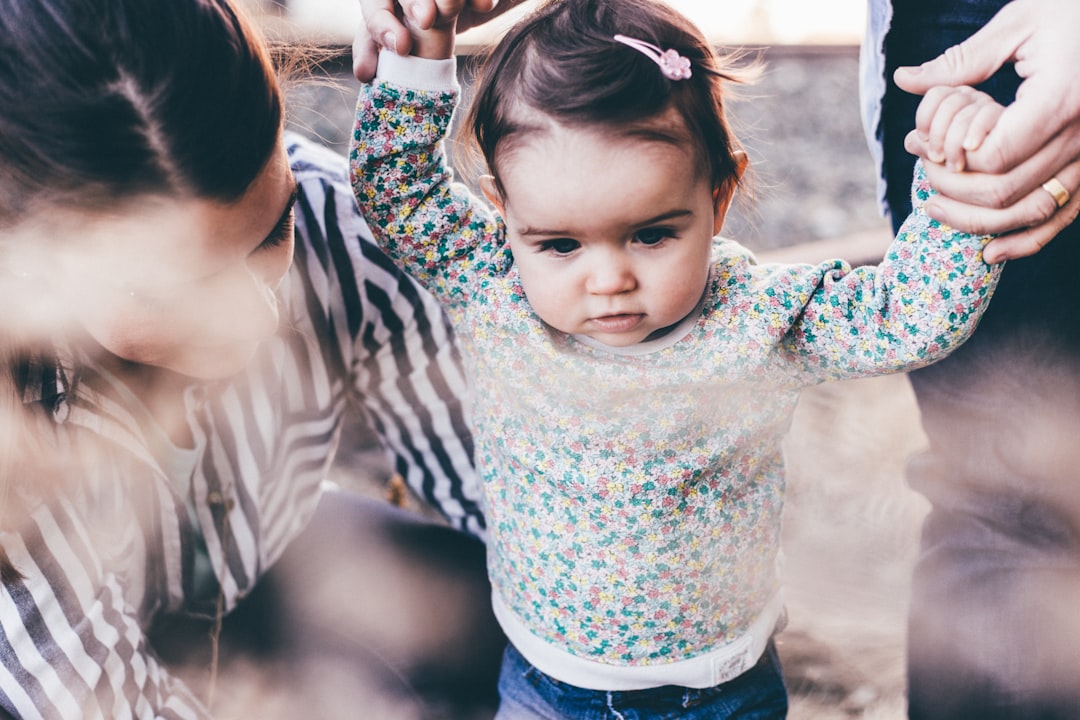What is it about?
The severity of illness people had with COVID-19 varied widely. While many individuals experienced mild to moderate cold symptoms, others experienced breathing or other severe problems that cause them to be hospitalized. After the initial illness, some noticed long-lasting changes in health that impacted exercise. Other symptoms people noted included sadness or loss or changes in thinking abilities. Some wondered about the future impact of COVID-19 on their lives and health. Besides physical health, social lives changed with the uncertainty of COVID-19 disease and stress on relationships. In contrast to the negative consequences of COVID-19, some people did find benefits as they had more time to be at home pursuing their own interests or time with family.
Featured Image

Photo by Arek Adeoye on Unsplash
Why is it important?
Our findings were based on how people described their daily lives long after having COVID-19 infection. Most of these people were not ill enough to be hospitalized with COVID-19. Nonetheless the people’s health, lives, ability to exercise, and relationships were often disrupted long after the initial illness. By understanding the long-lasting effects of COVID-19, we can learn how to address people’s concerns and work towards developing individualized exercise plans.
Perspectives
Each person we interviewed had a very different and impactful story to share about their experience with COVID-19 illness and life during the pandemic. This research helped us to grow a collaborative interdisciplinary team as we worked towards understanding how lives were impacted by illness.
Linda Piacentine
Marquette University
Read the Original
This page is a summary of: Lived experiences of American adults who survive COVID-19: Implications for physical activity and interpersonal stress., Families Systems & Health, September 2023, American Psychological Association (APA),
DOI: 10.1037/fsh0000792.
You can read the full text:
Contributors
The following have contributed to this page










